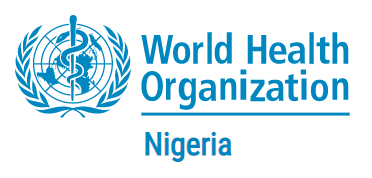By Asmau Ahmad
A global report on hypertension released by the World Health Organisation (WHO) has shown that 19.1 million adults aged 30 to 79 years had hypertension in 2019.
The WHO, using the 2019 population of 203,300,000, said 1,650,000 million Nigerians died from injuries, maternal-related causes, non-communicable diseases, and others in the same period.
The report showed that to achieve a 50 per cent control rate, 7.6 million more Nigerians with hypertension would need to be treated effectively.
In an email response to our correspondent’s enquiries on the report, WHO’s Head of Surveillance, Monitoring and Reporting, NCDs Department, Leanne Riley, said,
“If Nigeria could scale up hypertension coverage, 310,000 deaths could be averted by 2040.”
Asked if there is a downward trend in the number between 2022 and 2023, Riley said, on the percentage of adults 30 to 79 with hypertension, there was not enough data to be certain about the trend, adding, “Our best guess is that it’s flat (not increasing or declining).
“On the number of adults with hypertension? This is increasing, because of the increasing number of adults and especially the increasing number of older adults.”
The report showed that Nigeria had a national target for blood pressure and salt consumption but had not conducted a recent national survey measuring hypertension or a national survey on salt/sodium intake.
It also revealed that the country had no functioning system for generating reliable cause-specific mortality data on a routine basis and guidelines for the management of hypertension.
Hypertension is a deadly condition that could lead to stroke, heart attack, heart failure, kidney damage and many other health problems.
Findings revealed that old age and genetics could increase the risk of having high blood pressure, but modifiable risk factors such as eating a high-salt diet, not being physically active and drinking too much alcohol could also increase the risk of hypertension.
Lifestyle changes like eating a healthier diet, shunning tobacco and being more active can help lower blood pressure.
Prevention, early detection and effective management have been identified as some of the most cost-effective interventions, which countries are advised to prioritise as part of their national health benefit package offered at a primary healthcare level, according to the WHO.
The report also highlighted the importance of implementing WHO-recommended effective hypertension care to save lives.


